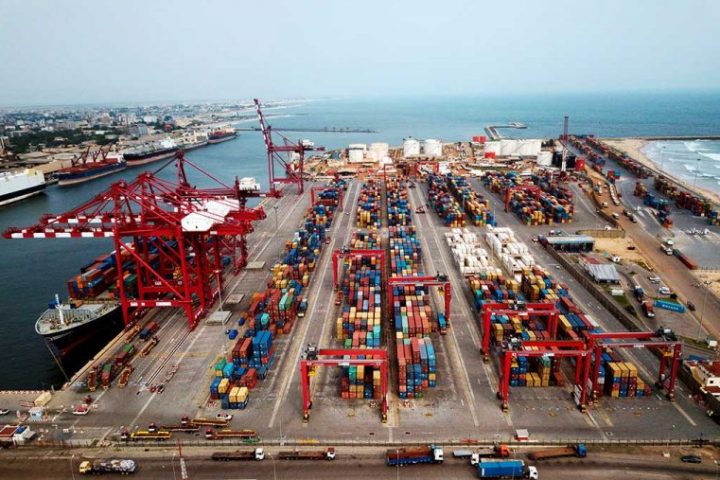In an update to economic outlook, the African Development Bank (AfDB) has slashed growth projections for the African economy from 4.3% To 3.8% In 2024, highlighting various factors contributing to the downward revision.
Speaking to the adjustments, the bank emphasized the impact of persistent post-COVID-19 recovery challenges, geopolitical tensions, climate shocks, and constrained fiscal space as key drivers behind the revised forecast.
Join our WhatsApp Channel“The downward revision is attributed to multiple factors – the scarring long-term effects of COVID-19, geopolitical tensions and conflicts, climate shocks, a slowdown in the global economy, and constrained fiscal space to adequately respond to shocks and preserve economic activity,” the bank stated.
READ ALSO: AfDB Partners U.S. Commercial Service To Fuel Digital Revolution In Africa
Geopolitical risks, including coups in Africa, the Israel-Palestine conflict, and the ongoing Russia-Ukraine war, were highlighted as impediments to growth within the continent.
Despite the downward adjustment, the African economy is positioned above the global average and remains a standout compared to other economic regions, with only Asia surpassing its growth trajectory.
The revised outlook extends across regions, with Central African countries expected to see a decline in growth due to persistent security and political challenges. Similarly, West Africa faces potential setbacks attributed to subsidy removal, foreign exchange market unification, debt issues in Ghana, and terrorism in the Sahel.
Moreover, the report indicates a divide between resource-intensive and non-resource-intensive economies, anticipating a drop in economic growth for tourism and oil-dependent nations. Conversely, non-resource-intensive economies are projected to experience an increase in growth.
“Across country groupings, for Africa’s tourism-dependent countries, growth is projected to decline from 9.3% in 2022 to 5.9% in 2023, before moderating to 4.1% in 2024,” stated the report. “Oil-exporting countries are expected to see a marginal decline from 4.4% in 2022 to a projected 3.7% and 3.5% in 2023 and 2024, respectively.”
The bank attributed the anticipated growth decline in oil-dependent economies to oil production cuts, global financial conditions, and high inflation, impacting non-oil sectors within those economies.
High inflation and weakening currencies were also noted as macroeconomic factors impacting growth across various African nations.
The AfDB’s revised projections underscore the multifaceted challenges facing Africa’s economic landscape, urging concerted efforts to address these impediments for sustained growth and stability.
Emmanuel Ochayi is a journalist. He is a graduate of the University of Lagos, School of first choice and the nations pride. Emmanuel is keen on exploring writing angles in different areas, including Business, climate change, politics, Education, and others.



















Follow Us